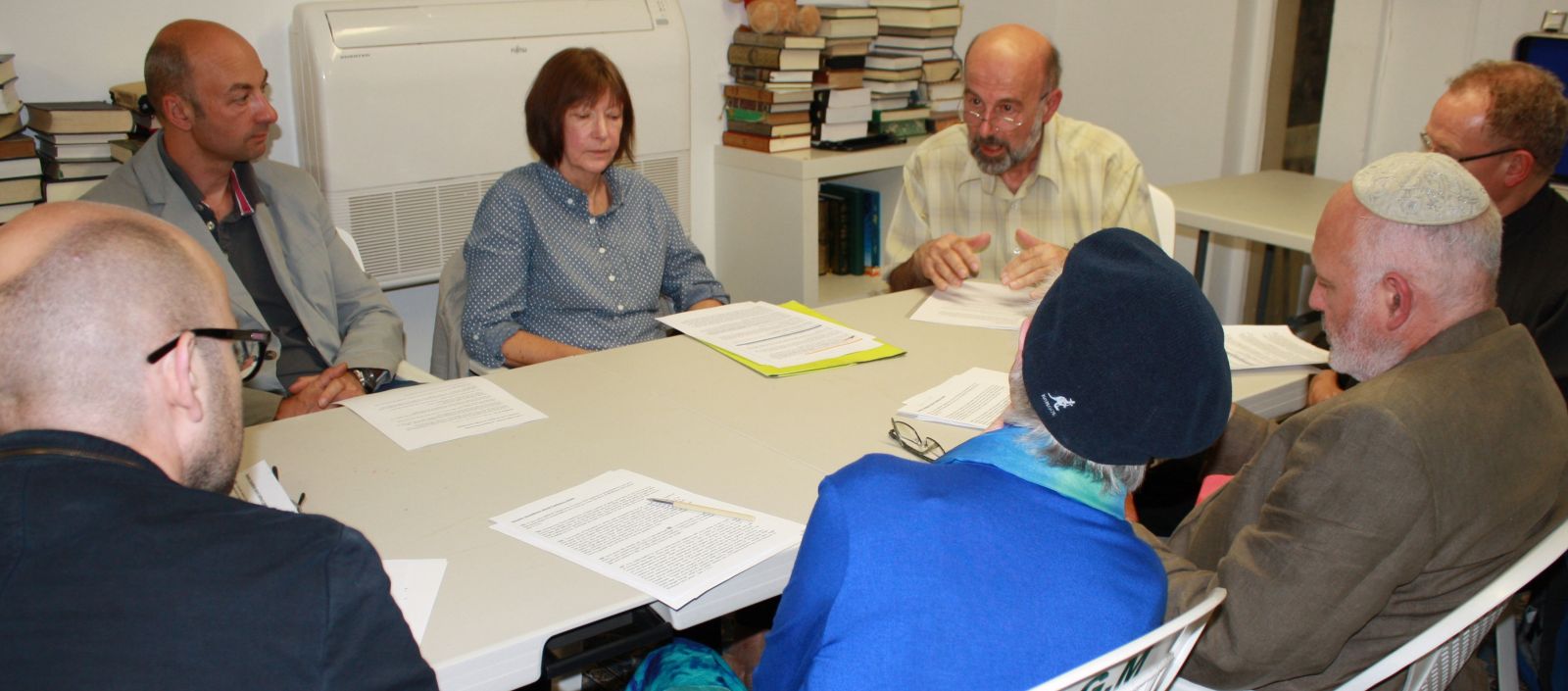 As Ramadan, the Muslim month of fasting, began this week, people with different religious beliefs have been discussing how their faiths view fasting.
As Ramadan, the Muslim month of fasting, began this week, people with different religious beliefs have been discussing how their faiths view fasting.
Around twenty Christians, Jews and Muslims spent an evening at the Grand Mosque in Leeds sharing what their holy texts say about the subject.
It’s part of a regular event called ‘scriptural reasoning’ in which members of different faiths look at a particular topic through the perspective of each others’ scriptures.
The Revd Charles Dobbin, who chairs the evening, says, “We look at the different texts in turn and have a lively discussion about their meaning and interpretation. It’s all done respectfully – acknowledging that each person sees their scripture as the revelation of God – but we’re open to disagreeing, and we end up feeling clearer about both where the faiths diverge but also what they share in common.”
Christine Jack, Reader at St Mark’s Harrogate, says, “If you want to join in the conversation with the world as it, I think this sort of thing is crucial. Not only does it enable you to understand the perspective of others, but it also helps you to understand your own faith better as you see it through the eyes of other world views.”
Some expressed surprise that some Muslim texts were less prescriptive than they’d imagined (eg, “Allah intends for your ease, and He does not want to make it difficult for you”), and as fasting takes place from dawn to dusk, many said how demanding Ramadan must be when it falls in the summer.
One young Muslim said, “The first two days of Ramadan are a struggle. But it presents you with a great opportunity to change your habits; it’s a means of beginning a new spiritual life.”
For the Christians, fasting is more of a personal choice, and it has also has less emphasis in Judaism. Rabbi Ian Morris said, "Apart from the day of Yom Kippur, Jews and fasting don’t go well together - Jews don’t like giving up food! But just going without food is irrelevant if you continue to behave in unacceptable ways. Often the emphasis will be on sharing food, rather than going without.”
The group came to the conclusion that for all faiths, fasting is a means of intensifying the spiritual life; changing people inside and outside and helping them to turn their attention to God and the people around them.
The next evening of scriptural reasoning will take place at Sinai Synagogue in Leeds on 14 October, when the theme will be vulnerability and homelessness.
If you’re interested in attending, please contact Jocelyn Brooks from the Leeds Faith Forum.